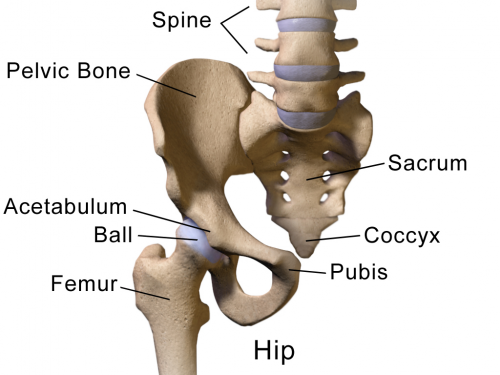Testosterone Gel Shows No Additional Benefits for Women Recovering from Hip Fractures, Study Finds

A recent clinical trial found that testosterone gel does not significantly improve overall recovery in women after hip fractures, highlighting the importance of exercise in rehabilitation efforts.
Hip fractures, often resulting from falls, are among the most severe osteoporotic injuries, causing intense pain, muscle and bone loss, decreased mobility, and a heightened risk of subsequent fractures and mortality. Annually, over 200,000 women in the United States experience hip fractures, with many failing to regain their pre-injury mobility even after extensive rehabilitation efforts. To explore potential treatments, researchers conducted a clinical trial to assess whether applying testosterone gel alongside exercise could enhance recovery outcomes in these women. Testosterone, a hormone naturally present in women that declines with age, influences muscle strength, leading scientists to hypothesize that supplementing it might amplify exercise benefits during recovery.
The study, published in JAMA Network Open, revealed that testosterone gel did not significantly improve overall physical function compared to a placebo for women participating in supervised exercise programs post-hip fracture. However, there was some indication that testosterone might have positively influenced short-distance mobility, which warrants further investigation.
"Hip fractures can severely impact multiple aspects of functioning in older adults, necessitating diverse recovery strategies," explained study co-author Jay Magaziner, Ph.D., from the University of Maryland School of Medicine. "Our research shows that adding testosterone to exercise does not provide substantial benefits for this group." The trial, known as STEP-HI, involved 129 women aged 65 and older, all of whom had recently undergone surgical repair of a hip fracture and faced mobility challenges. It marked the largest study to date examining testosterone use in women post-hip fracture, conducted across several clinical sites nationwide.
While the primary findings were disappointing, some encouraging results emerged. Co-investigator Ellen Binder noted that women who received testosterone in addition to exercise saw a notable reduction in their reliance on walking aids and slightly better performance in short-distance tasks compared to those on placebo. This suggests that testosterone therapy might still have a role in supporting certain aspects of recovery.
Overall, the study emphasizes the importance of exercise in rehabilitation after hip fractures and suggests that testosterone supplementation may not be a universally effective strategy. Nonetheless, ongoing research may further clarify its potential benefits in specific functional domains.
Stay Updated with Mia's Feed
Get the latest health & wellness insights delivered straight to your inbox.
Related Articles
Targeting WSTF Protein as a Strategy to Manage Chronic Inflammation Without Impairing Acute Immune Response
Researchers have identified a novel approach to control chronic inflammation by targeting the WSTF protein, potentially offering disease-specific treatment without impairing the body's response to acute threats.
Affordable Blood Test Detects Proteins for Early Alzheimer's Diagnosis
A new low-cost blood test developed by USC researchers can detect key proteins associated with early Alzheimer's disease, enabling accessible screening and early intervention strategies.
Innovative Immunotherapy Targets Common Cancer Mutation, Brings New Hope for Lung and Prostate Cancer Patients
A new immunotherapy developed by researchers targets a common gene mutation in aggressive cancers like lung and prostate, showing promising results in preclinical studies and opening pathways for broader cancer treatments.
Understanding the Social and Health Impacts of Missing or Damaged Teeth
This article explores the social stigma and health consequences of missing or damaged teeth, emphasizing the importance of accessible dental care and social policies for improving oral health for all.



